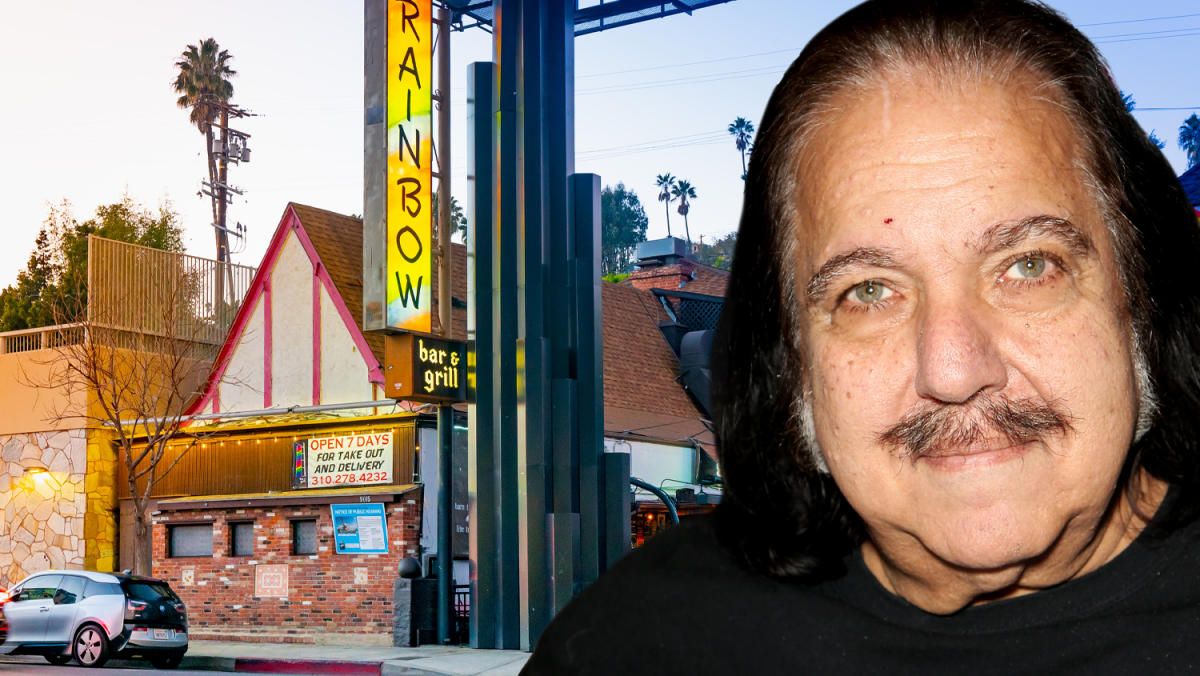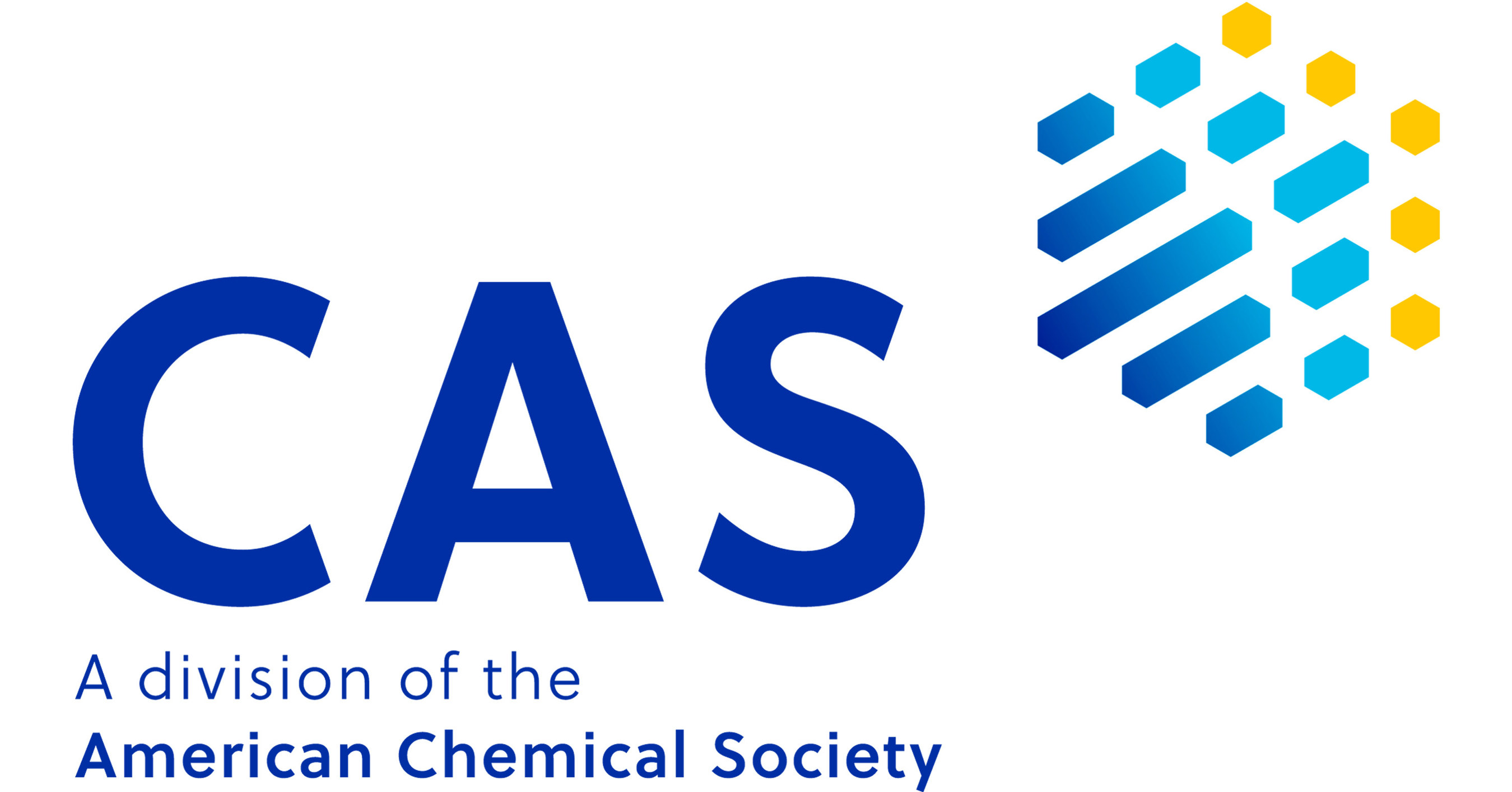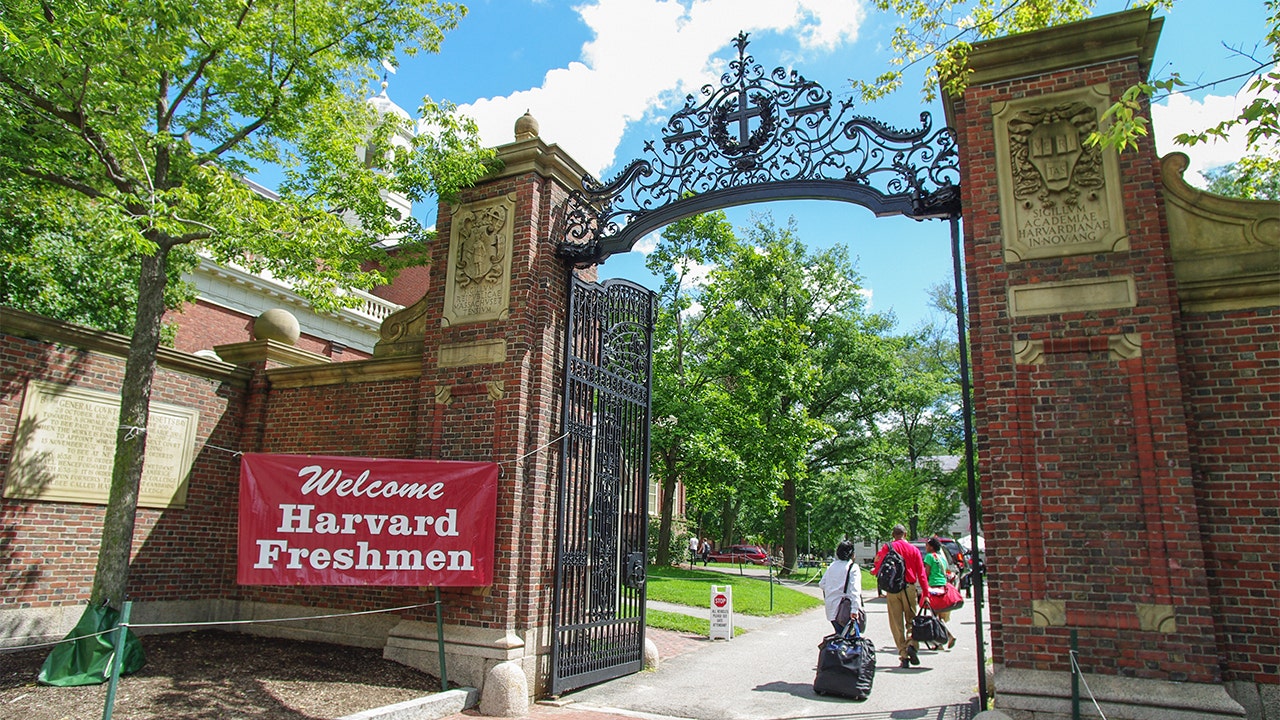For her millions of followers across TikTok, YouTube and Instagram, Piper Rockelle is a star living a glamorous life as an influencer. The 17-year-old has been sharing videos online since she was 9, but in recent years her collaborators have expressed concerns about the conditions behind the scenes of her content empire.
Rockelle’s mom and manager, Tiffany Smith, is at the center of the three-part Netflix docuseries Bad Influence: The Dark Side of Kidfluencing. It explores how Smith created a social media dynasty centered around her young daughter through prank and challenge videos involving a troupe of child actors known as the Squad.
In January 2022, 11 of the teens who were part of the Squad filed a complaint, claiming they were “frequently subjected to an emotionally, physically and sometimes sexually abusive environment perpetrated by Ms. Smith on and off set during filming sessions for Piper’s YouTube channel." In response, YouTube demonetized Rockelle's account, claiming Smith violated the “Creator Responsibility policy by engaging in off-platform behavior that harms the YouTube community,” according to a statement sent to Insider.
Both parties reached a $1.85 million settlement in 2024. Smith and her collaborator Hunter Hill denied wrongdoing.
Piper Rockelle, center, and members of the Squad. (Courtesy of Netflix)
Kief Davidson, who co-directed the Bad Influence docuseries with Jenna Rosher, told Yahoo Entertainment that the lawsuit inspired them to dig into this particular case.
“I have my own son, who was 16 at the time, and I was unaware that there was so much money to be made with these kids and so many bad players potentially out there,” he said. “I was intrigued first and foremost with the story because … [there were] families that were part of the lawsuit that were all fighting back. The families that wound up taking part in our project were really willing to put themselves out there no matter what.”
The creator economy is a $250 billion industry that a lot of kids want to get involved in. For the kids in the Squad, it was an opportunity to have a shot at an acting career, a chance to hang out with their friends all day and a shot at achieving the same success as the stars they admire online.
As Rockelle’s fame increased, so did the fame of those in her orbit. She went from being a pageant star to the center of a social media universe with a rigorous output schedule and complicated storylines. She and the rest of the Squad effectively became child actors without any of the regulations that help protect minors in the entertainment industry.
The lawsuit presents many concerns about how the members of the Squad were treated behind the scenes, but Rockelle’s accounts have drawn concern for years. A February 2024 New York Times investigation shed light onto how many young social media influencers with accounts run by their parents attract a “dark underworld” of adult male followers, including pedophiles.
The docuseries rehashes controversies about scantily clad photos of Rockelle and videos in which she makes suggestive references, and those controversies have not subsided. After being demonetized on YouTube, Rockelle began sharing exclusive photos on an app that requires her fans to pay to see them, though it does not allow nudity. In February, she collaborated with a group of OnlyFans creators known as the Bop House to record TikTok videos that did not include adult content but raised concerns about what kind of audience her account was trying to attract. Rockelle refers to herself repeatedly on social media as a bop, which is slang used to describe a promiscuous woman.
“I think there’s concerns about the dangers that kids face out there. There’s a lot of predators online, which is demonstrated with this particular show, but it’s not exactly what you think it is,” Davidson said. “The content that they do is orchestrated. We start getting into the dark side of how viewership is engineered, which turns into brand deals.”
Throughout the docuseries, the children who were involved in the Squad and their parents alleged that working conditions became emotionally, physically and sometimes sexually abusive, as is noted in the lawsuit. Even when their kids spoke out about their concerns, they feared retaliation — Rockelle would frequently address friendship breakups on social media, which would lead to significant hits to respective Squad members’ reputations and loss of followers. It was painful for the kids and unfamiliar to the parents.
Jennifer Bryant, whose child was in the Squad, noted in the docuseries that if she were watching this from the other side, she would probably think she and her fellow parents were “idiots.”
Bad Influence co-director Rosher told Yahoo Entertainment that the kids and parents “were involved in a very sort of manipulative cult-like scenario that was very complex.”
Piper Rockelle with Claire Rock Smith, who participated in the docuseries. (Courtesy of Netflix)
“There was manipulation going on between the kids and between the parents. Ultimately, for a lot of these parents, as they said in the series, when things became really bad, they had to develop an escape strategy,” she said. “How am I going to get out of here without my kid getting bullied and destroyed? And let’s not forget, they’re going to lose all their friends by leaving.”
Davidson praised the parents who were willing to “take heat” over their actions and take part in the situation in order to “warn people that dangers do exist.”
When it came to getting so many of the kids involved in the lawsuit to speak in the docuseries — many of whom are still minors — Davidson said safety was their top priority. Subjects went through multiple trainings to prepare to share their stories with the world, and when they opened up about particularly difficult stories, their parents were around to comfort them. Now that it’s out in the world, they’ve offered therapy to help them deal with whatever the reception might be.
“What’s important — and they’ve been very vocal about this — is that they have the power to change lives here and to prevent other kids from going through what they went through,” Davidson said. “There’s a lot of bravery.”
Jentzen Ramirez, a former member of the Squad who did not participate in the lawsuit or the docuseries, spoke out against the project on TikTok.
“If we are all so traumatized, why are we all making a documentary to just re-live it all?” Jentzen wrote in a post.
Sophie Fergi, who participated in both, responded in a comment: “because some of us want justice and went through A LOT of stuff that you can't just ‘move on and forget’ things that forever changed us and me personally I'm proud of my friends who were brave.”
Jentzen’s mom, Johna Ramirez, has spoken extensively about her concern for him and what he endured in the Squad. She appears in the docuseries but was not part of the lawsuit.
Though Davidson is confident that the parents who participated in the lawsuit had their kids’ best interest in mind, he knows that not all parents have the same intentions.
“There's a lot of different parents out there. You have to be concerned about the parents that are not looking out for the well-being of their own kids, because there's a lot of money to be made,” he said. “The lure of celebrity and fame is huge. … A lot of kids want to be famous, and parents have to be the gatekeepers."
Former Squad member Sophie Fergi. (Courtesy of Netflix)
“There's an industry in desperate need of change, and now is the moment where that change needs to happen. ... It’s a very complicated issue that we hope becomes a big water-cooler moment for parents and kids to talk about,” he added.
Improving the industry isn’t going to be easy. Experts in the docuseries questioned whether ethical kid influencing was even possible at all. As social media expert and University of Southern California professor Karen North noted in the series, how can you regulate people in their living room taking pictures of their kids?
One option is legislation. States like Utah and California have passed laws requiring kids to have Coogan Accounts, an entertainment industry standard for child actors, where parents can designate some of the money their children earn to an account that becomes available when they turn 18.
Rosher said that laws about monitoring their work hours and requiring set teachers will also help protect kids, but change to the “wild wild west” of child influencing starts with their families.
“I think parents are the ones that need to determine, ‘Is this really right for our family? Am I making all the considerations I need to to make my child a public figure?’” she said.
Rockelle, Smith and Hill did not participate in the docuseries.
"Obviously we didn’t do anything that was alleged, but sadly, money is a big motivator for certain personalities in this world. We made the decision to put this behind us because honestly, prolonged litigation would be even more harmful and painful to everyone involved — which includes kids," Smith said in a statement shared with People once the lawsuit against her was settled. "Piper is a minor, and has already been through a great deal of unnecessary and harmful scrutiny. So we prioritized mental health, and made the decision to put this behind us and focus on the next phase of her career."
In a statement shared with USA Today about the docuseries, Rockelle said, "Honestly, I just want to move on from all of this because it’s really painful to deal with every day. And, not surprisingly, my mental health has suffered more than anyone knows."
Bad Influence: The Dark Side of Kidfluencing is streaming on Netflix.
.png)
 German (DE)
German (DE)  English (US)
English (US)  Spanish (ES)
Spanish (ES)  French (FR)
French (FR)  Hindi (IN)
Hindi (IN)  Italian (IT)
Italian (IT)  Russian (RU)
Russian (RU) 




Comments